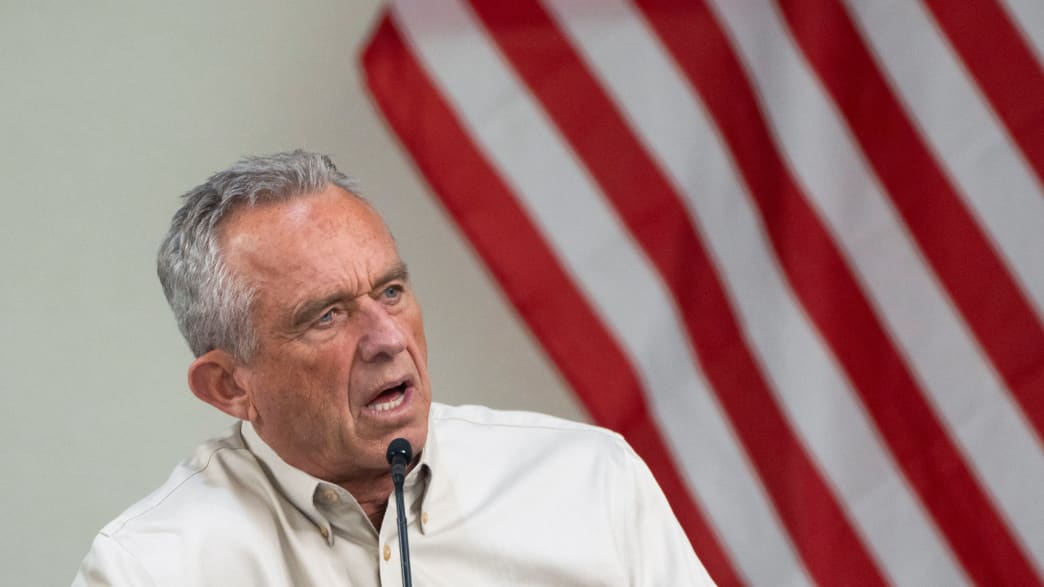Paul Pelosi Sells Over $500K in Visa Stock Ahead of DOJ Antitrust Case
Paul Pelosi, the husband of former House Speaker Nancy Pelosi, sold over $500,000 worth of Visa stock shortly before the company became the target of a federal antitrust lawsuit.
The sale, which occurred just months before the aforementioned legal action involving the credit card giant, has raised concerns about the potential for conflicts of interest between lawmakers and stock trading activities involving their families, speculation that has long swirled around the Pelosi family in particular, as the New York Post reports.
Visa was sued by the DOJ’s antitrust unit on Tuesday, alleging that the payment giant engaged in monopolistic practices by penalizing merchants and customers for using competing payment processors.
Additionally, the lawsuit claims that Visa coerced financial technology companies into working exclusively with it, leveraging penalties to deter partnerships with rival processors.
Visa Antitrust Charges Follow Paul Pelosi's Stock Sale
Paul Pelosi disclosed the sale of 2,000 Visa shares on July 3, valuing the transaction between $500,000 and $1 million.
The sale came on the heels of the Justice Department’s years-long investigation into Visa’s competitive practices, which began in 2021. This investigation scrutinized Visa's behavior in the debit card market, focusing on whether the company violated antitrust laws by limiting competition.
Following the news of the lawsuit, Visa's stock fell by 5.5%, dropping to $272.78. The timing of Paul Pelosi's stock sale and the subsequent antitrust lawsuit has added fuel to the ongoing debate about whether members of Congress and their families should be allowed to trade stocks.
Accusations of Conflict of Interest
Critics argue that Nancy Pelosi’s position as a prominent lawmaker might give her or her family access to non-public information that could influence stock transactions. However, a spokesperson for Nancy Pelosi denied that the former Speaker had any involvement in the transaction, stating, "Speaker Pelosi does not own any stocks, and she has no prior knowledge or subsequent involvement in any transactions."
Ron Geffner, a former enforcement attorney with the SEC, weighed in on the situation, pointing out that this is not the first time questions have been raised about government officials and stock trades. “At various critical inflection points in history, members of our government have engaged in trading at a time which their conflicts are called into question,” Geffner noted.
Pelosi's Broader Stock Transactions
Paul Pelosi’s sale of Visa stock wasn’t an isolated event. Around the same time, he also sold 2,500 shares of Tesla and purchased shares in tech giants Nvidia and Broadcom. While the Visa sale is the transaction drawing the most attention due to the DOJ lawsuit, the other trades have raised broader questions about transparency and the potential for conflicts of interest among lawmakers.
Geffner emphasized that it’s important to investigate the details behind the trades before making assumptions about insider knowledge. “Before public opinion judges Pelosi unfairly, it is important to determine who engaged in the transaction on her behalf as well as whether it was part of a broader change of her portfolio,” he said.
DOJ Lawsuit Alleges Visa Stifled Competition
The DOJ’s antitrust lawsuit centers on allegations that Visa has engaged in anti-competitive practices within the debit card market. According to the lawsuit, Visa penalized both merchants and consumers who sought to use alternative payment processors, effectively shutting out competition. Additionally, Visa is accused of coercing financial technology firms like Square and PayPal by threatening them with penalties unless they agreed to work exclusively with Visa.
Visa has denied the allegations and claims that its practices comply with U.S. laws. “We believe Visa’s U.S. debit practices are in compliance with applicable laws,” the company said in a statement, adding that it plans to cooperate with the ongoing investigation.
Stock Trades Among Lawmakers Face New Scrutiny
The timing of Paul Pelosi’s Visa stock sale has reignited discussions about whether lawmakers and their families should be prohibited from engaging in stock trading. Critics argue that the potential for lawmakers to access sensitive, non-public information could create opportunities for financial gain, leading to questions of fairness and transparency.
This is not the first time that Nancy Pelosi’s family has come under scrutiny for stock trading activities. However, the former Speaker has maintained that she does not own any stocks herself and that she has no involvement in her husband’s financial dealings.
Conclusion
The sale of more than $500,000 worth of Visa stock by Paul Pelosi just months before the company faced federal antitrust charges has stirred concerns about conflicts of interest and transparency in stock trading by lawmakers and their families.
As the Department of Justice continues its investigation into Visa's competitive practices, questions remain about the role that government officials and their families play in the financial markets.
While Nancy Pelosi has denied any involvement in the transaction, the timing of the sale has brought renewed focus on the ethical considerations surrounding stock trades and the need for greater regulatory oversight.



